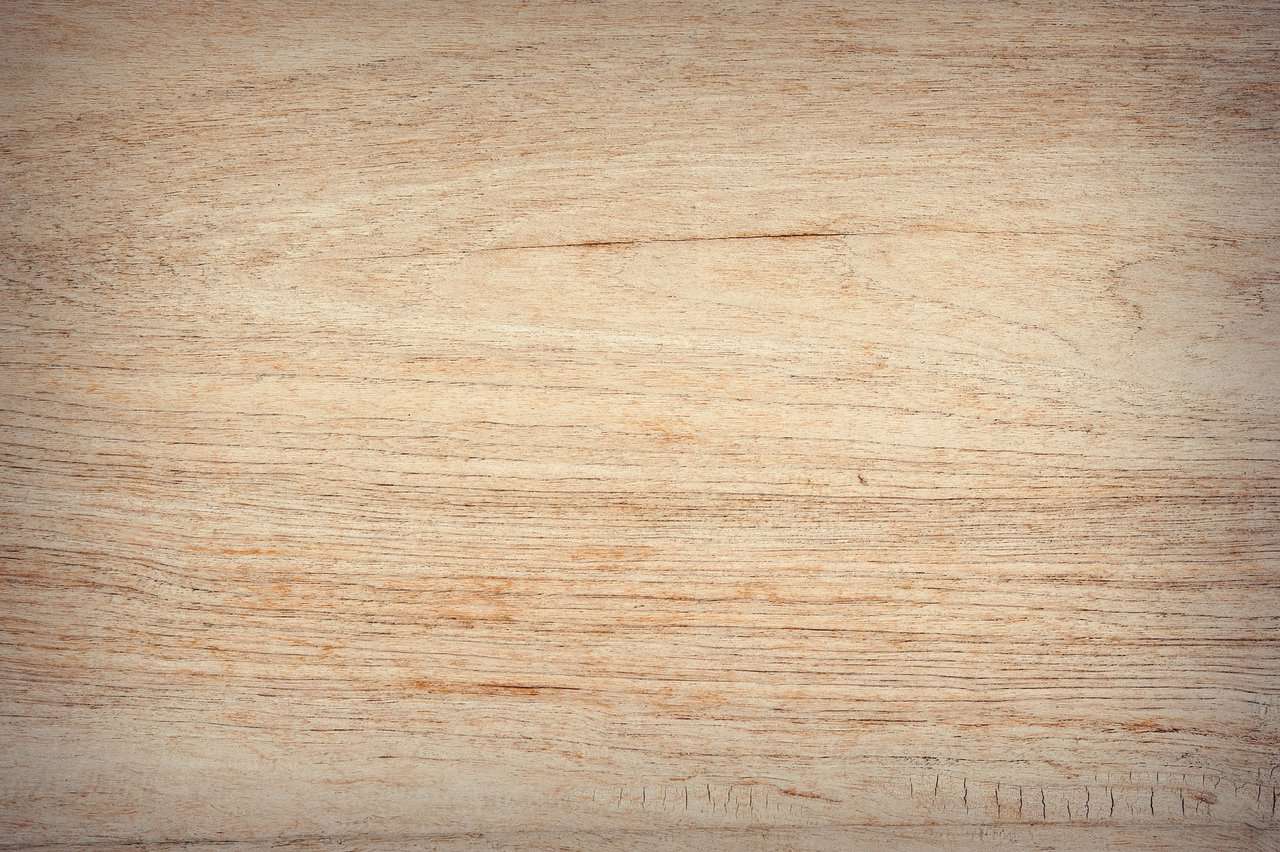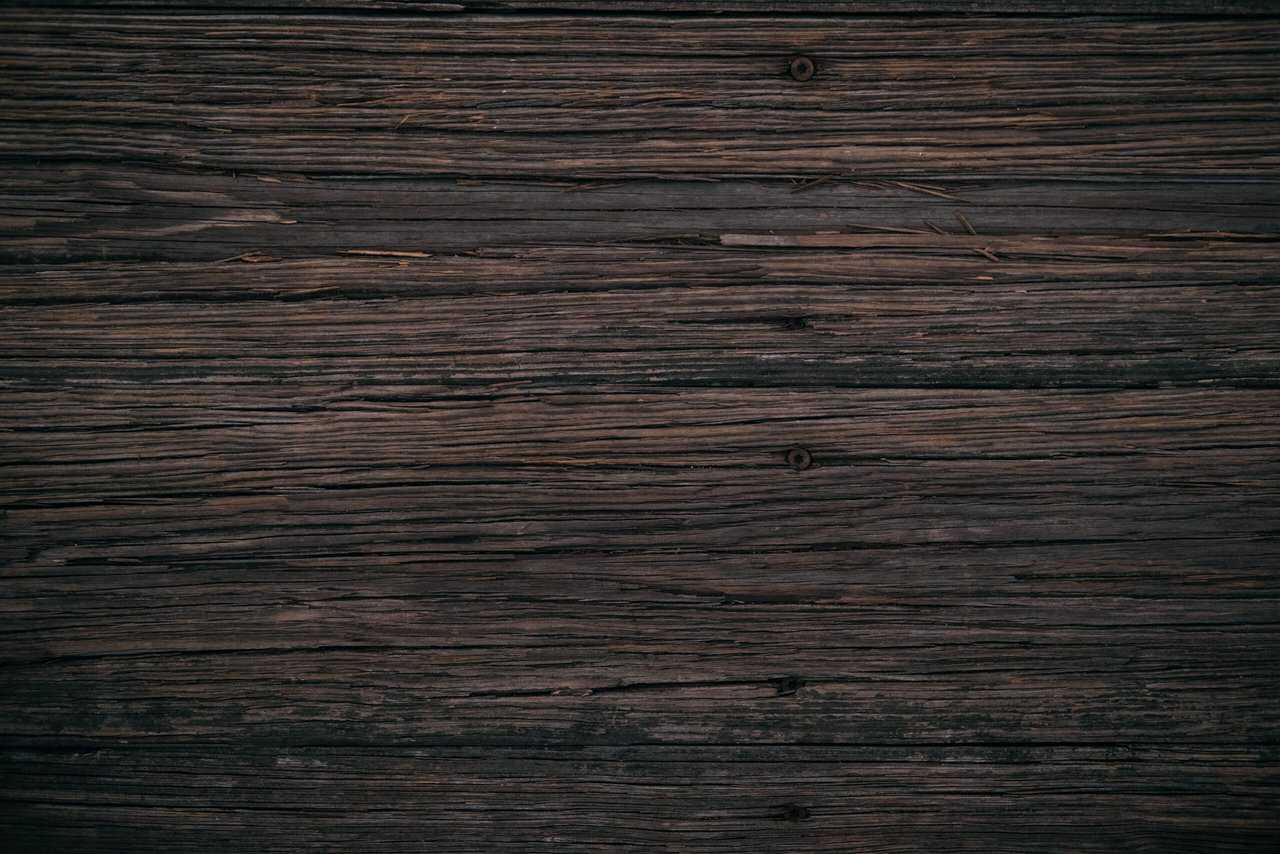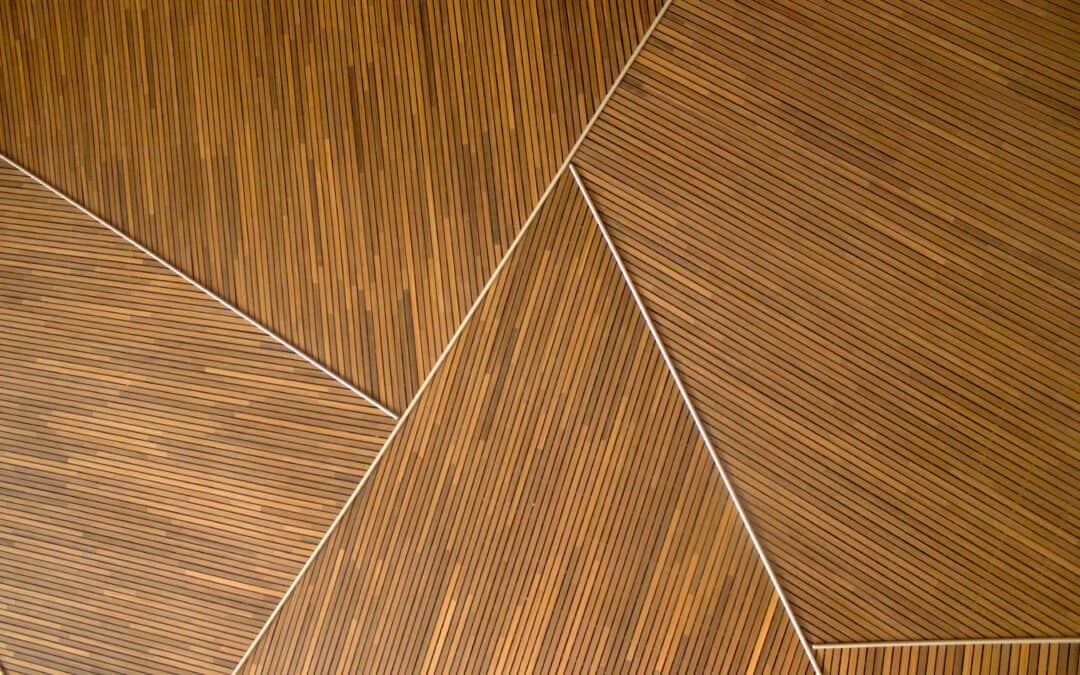The Different Types of Hardwood Floors
In a world of carpets, vinyl’s, linoleum, engineered wood, and more, hardwood floors are still are one of the most popular options for flooring. Despite the higher cost, maintenance and care requirements, it remains a tried-and-true champion, and why shouldn’t it? Hardwood floors are beautiful, it can be refinished multiple times, it feels amazing to walk on, and it comes with a plethora of customization options. In this post, we are going to dive into the different species of wood, and teach a bit about them.
Oak Hardwood Floors
This is the most common hardwood floor in the United States! Compared to many other types of hardwood flooring, it is incredibly durable. Oak flooring has historically been a symbol of wealth- many certifiably historic homes contain oak floors that are hundreds of years old! The grand, sophisticated wood is also widely available since it can be grown in many places across the United States.
Oak is also a very versatile wood that comes in many colors, ranging from lined white to dark. This means that if someone cannot get the exact shade of oak that they wanted, they can go lighter and have it stained. Generally, wood floors are not recommended for use in basements because basements have a wide range of humidity that they experience. However, if you have your heart set on a wood-floor basement, oak is a good option because of its aforementioned durability. Nonetheless, if you decide to use oak in a basement, we recommend using a humidifier in the basement during the winter, and a dehumidifier during the summers.


Cherry Hardwood Floors
Fun fact! There are two popular types of wood called Cherry Wood, the Brazilian Cherry wood and American (black) Cherry wood, but the two trees are actually not related to one another! American cherry trees produce cherries, and are native to North America, and belong to a family of cherry trees that grow all across Europe, Asia and North America.
As the name implies, Brazilian Cherry wood is native to Brazil, and Central America but it is technically not a cherry tree, and the delicious fruits that it produces are not cherries. The Brazilian Chery Tree is more accurately called “jatoba,” and are harvested from rain forests in central America.
When comparing the two, it is important to note that American cherry wood is considerably less durable than Brazilian cherry. These two woods are, however, very comparable in price with Brazilian cherry averaging up to 1-2 dollars more expensive per square foot. Likewise, both woods have a cherry-like, reddish hue, but American cherry is naturally medium toned, while Brazilian cherry is a deeper, richer color.
American Walnut Hardwood Floors
Another fun fact: walnut trees are the oldest nut-producing tree in recorded history, and date back to 7,000 BCE.
American walnut is a beautiful, and prestigious dark, chocolate wood that has remained a favorite amongst woodworkers for centuries, despite the fact that it usually comes at a higher price. Walnut has a dramatic and deep wood grain pattern that is famously sophisticated. Unlike many of the other types of wood we will discuss, American walnut does not come in a large variety – it is always pretty, and pretty dark, and therefore is usually not stained, although, it can be. Walnut is only moderately durable, and is therefore not usually a favorite for high-traffic areas.
There are many more woods that we plan to cover in future posts- hickory, maple, mahogany and more! We sure hope you stayed tuned. However, if you have burning question regarding wood floors that you can’t wait to have answered (or really, any questions at all), give us a call. At Northern Colorado Carpets, we look forward to your call.



Recent Comments